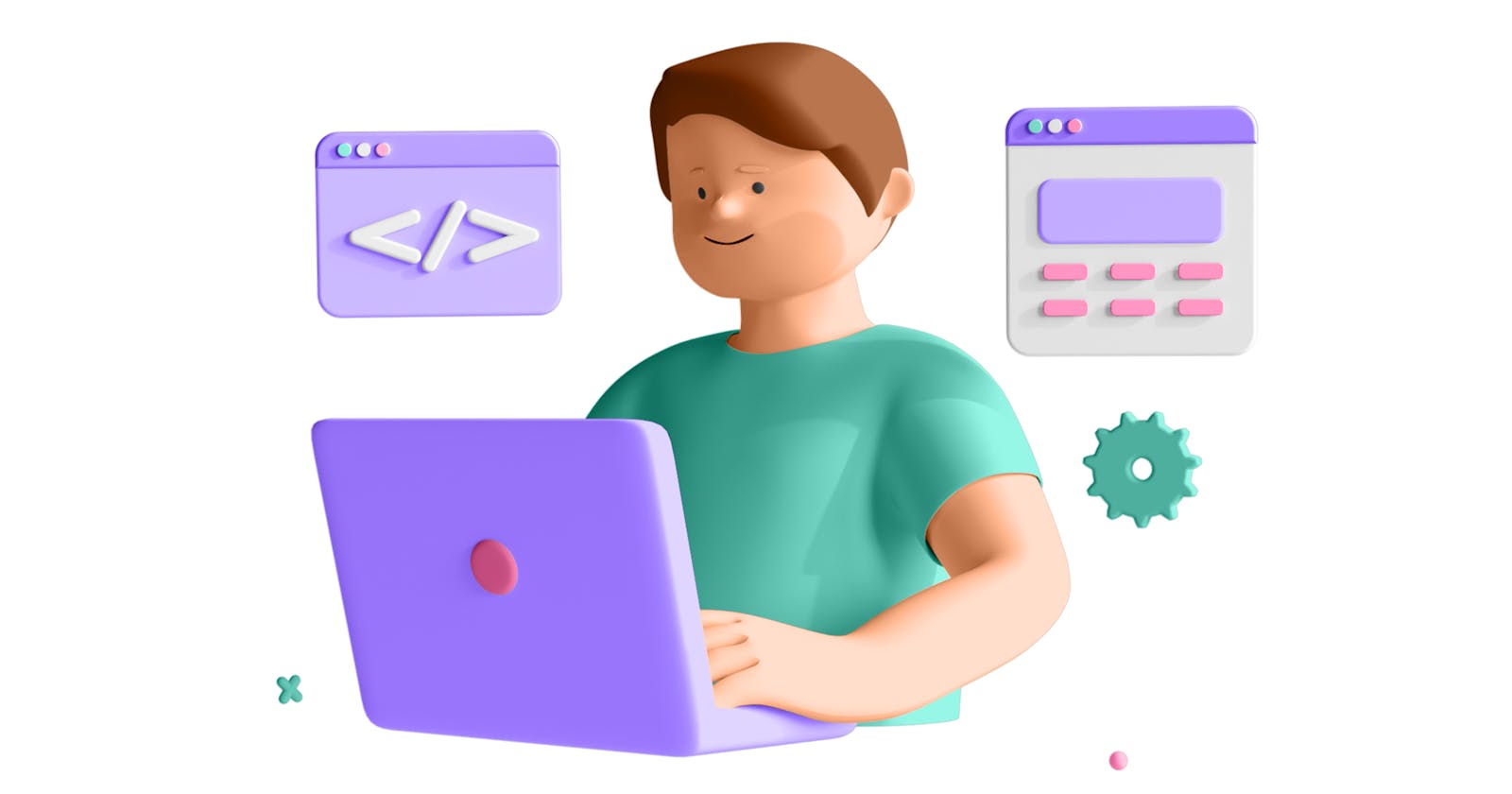PHP is one of the most popular server-side scripting languages for web development, and there are numerous PHP frameworks available to simplify and expedite the process of building web applications. Among these frameworks, Laravel Development stands out as a leading choice for developers due to its elegant syntax, extensive features, and active community. However, developers often face the dilemma of choosing the best PHP framework for their projects, as there are several other well-established options available. In this article, we will compare Laravel with other popular PHP frameworks, exploring their strengths, weaknesses, and key features to help you make an informed decision for your web development projects.
Laravel: Laravel is an open-source PHP framework known for its expressive syntax and developer-friendly environment. It follows the Model-View-Controller (MVC) architectural pattern, providing a structured approach to application development. Laravel offers a range of built-in functions and libraries, making it easy to perform common tasks, such as database interactions, routing, and authentication. The Blade templating engine simplifies the process of building views, while Eloquent ORM enables seamless database management. Laravel's Artisan CLI automates various development tasks, boosting productivity. With an active and supportive community, Laravel is continuously evolving, ensuring regular updates and security enhancements.
Symfony: Symfony is another highly regarded PHP framework that emphasizes flexibility and modularity. It provides reusable components and libraries, making it suitable for projects of varying sizes and complexity. Symfony follows the MVC pattern and promotes best practices for web development. Its robust architecture and performance optimization capabilities make it suitable for large-scale enterprise applications. Symfony offers extensive documentation and a supportive community, making it an excellent choice for developers seeking a reliable and scalable framework.
CodeIgniter: CodeIgniter is a lightweight and beginner-friendly PHP framework known for its simplicity and speed. It is suitable for small to medium-sized projects and favors a simple and straightforward approach to web development. CodeIgniter's minimal footprint and easy installation make it a preferred choice for developers seeking rapid application development. While it lacks some advanced features offered by Laravel and Symfony, CodeIgniter's simplicity and ease of use make it an attractive option for beginners and small-scale projects.
Yii: Yii is a high-performance PHP framework that emphasizes efficiency and security. It is known for its fast execution speed and caching capabilities, making it suitable for applications with high traffic and demanding performance requirements. Yii follows the MVC pattern and provides a wide range of extensions and widgets to accelerate development. Its robust security features and active community contribute to its popularity among developers.
Zend Framework: Zend Framework is a powerful and extensible PHP framework suitable for complex and enterprise-level applications. It offers a wide range of features, including database support, caching, and form validation. Zend Framework's component-based architecture allows developers to use specific components without being bound to the entire framework. This modularity makes it a flexible choice for building customized web applications. Zend Framework is well-suited for large-scale projects with extensive customization needs.
CakePHP: CakePHP is a PHP framework that promotes rapid development with minimal configuration. It follows the convention over configuration (CoC) principle, allowing developers to focus on writing code rather than setting up configurations. CakePHP's scaffolding feature accelerates development by automatically generating code for basic CRUD operations. It is an excellent choice for developers who prioritize simplicity and fast development cycles.
Choosing the Right Framework: The choice between Laravel and other PHP frameworks depends on various factors, including project requirements, team expertise, scalability needs, and future development plans. Here are some considerations to guide your decision:
Project Complexity: For small to medium-sized projects with straightforward requirements, CodeIgniter or CakePHP may be suitable due to their simplicity and quick development capabilities. However, for more complex and large-scale applications, Laravel, Symfony, or Zend Framework may offer the necessary features and scalability.
Developer Expertise: Consider the expertise of your development team. If your team is familiar with a particular framework, it may be more efficient to stick with that choice. Laravel's developer-friendly environment makes it an excellent choice for both experienced and novice developers.
Performance Requirements: If performance is a critical consideration, Yii and Symfony are known for their speed and optimization capabilities. Symfony, with its robust architecture, is well-suited for enterprise-level applications with high traffic.
Community and Support: Consider the size and activity of the framework's community, as it plays a crucial role in receiving support, finding solutions to issues, and accessing additional resources.
Project Flexibility: If you require a high level of customization and modularity, Zend Framework or Yii may be better suited to accommodate specific project needs.
In conclusion, choosing the right PHP framework depends on your project's specific requirements, development team's expertise, scalability needs, and future plans. Laravel, with its elegant syntax, extensive features, and supportive community, remains a strong contender for various web development projects. Symfony, Zend Framework, Yii, CodeIgniter, and CakePHP also offer valuable features and advantages, making them suitable choices for specific use cases. By carefully evaluating your project's needs and comparing the strengths of each framework, you can make an informed decision and select the best PHP framework to meet your web development goals.
